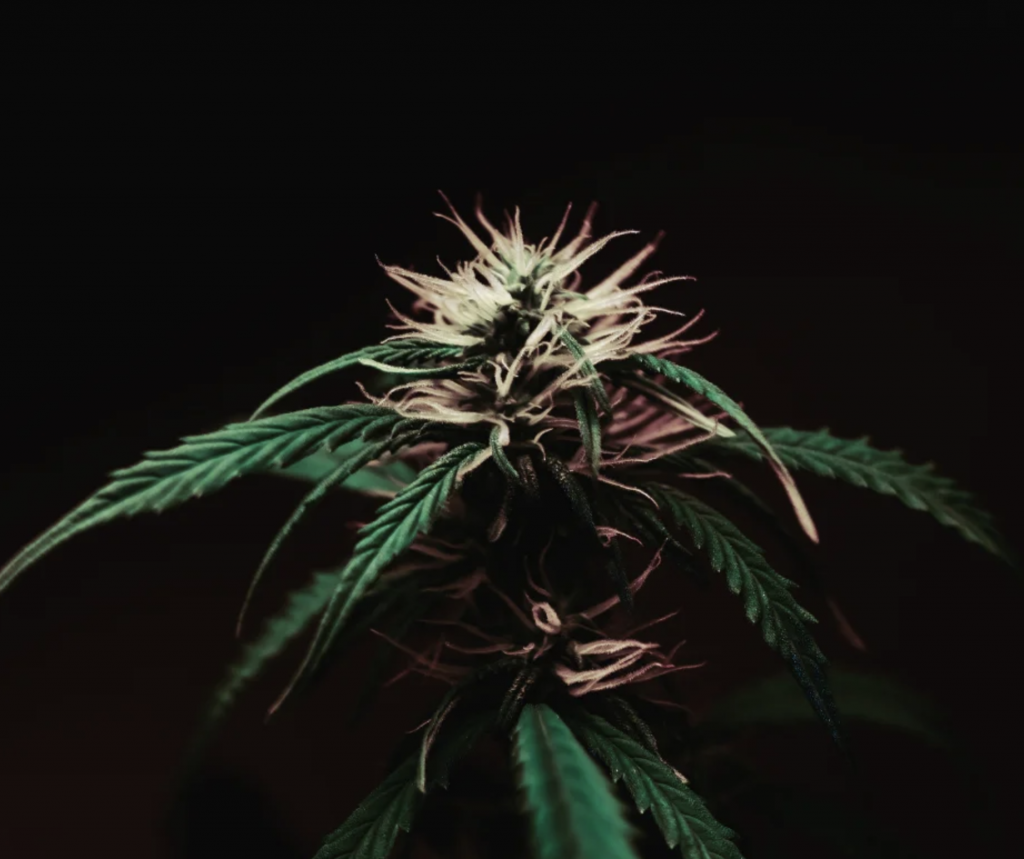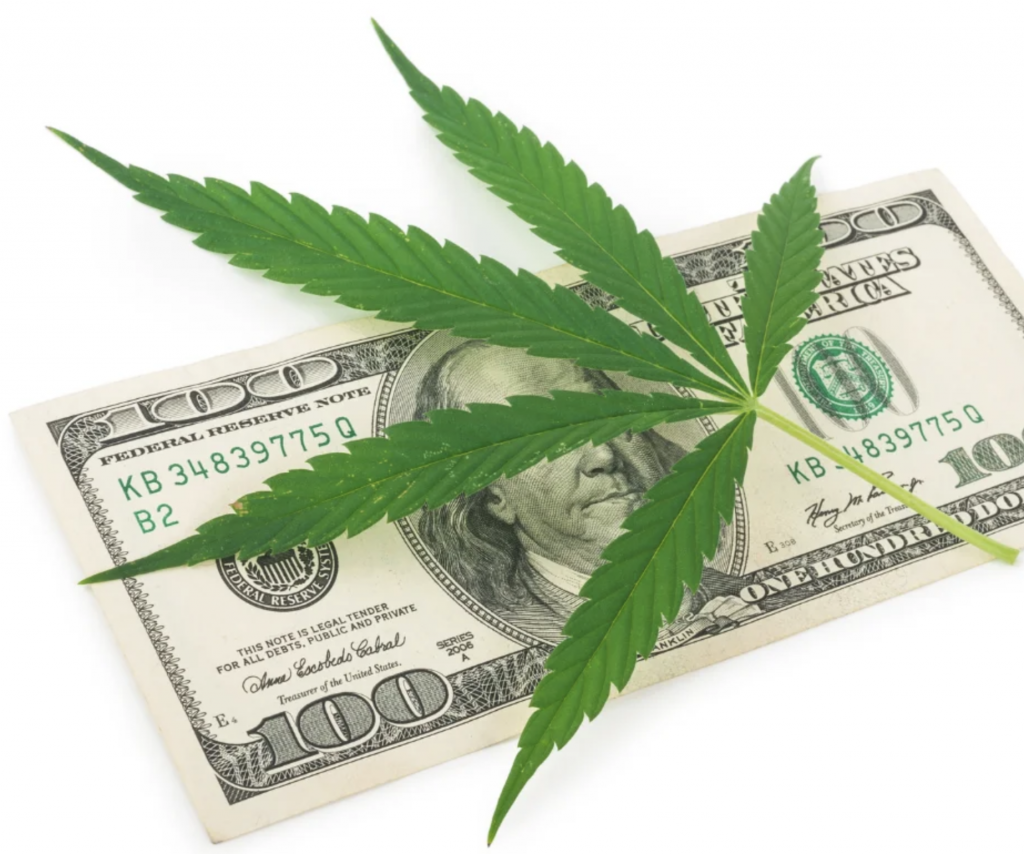
Cannabis and cancer are often in the news together. That’s because many people are finding unsurmountable therapeutic benefits from medical cannabis, especially those with cancer. Cannabis oil is changing the lives of many cancer patients and others who suffer from a wide range of different medical conditions. In fact, within every state that offers a comprehensive medical cannabis program, cancer is a qualifying condition for a medical marijuana recommendation.
The National Institute of Health recently told media sources that they estimate one in four cancer patients to have reported utilizing the therapeutic attributes of cannabis to help them manage the symptoms of cancer. Symptoms like pain, nausea, anorexia, and more. The NIH expressed concerns about the limited research on the potential benefits/harms of cannabinoid therapies.
The NIH expressed more than concern; they’re offering to fund research, studying the potential risks/benefits that cannabis consumption may have on cancer patients. Twitter has become a platform for a global community. That is where you will find a tweet from the NIH stating,
“Notice of Special Interest (NOSI): Basic Mechanisms of Cannabis and Cannabinoid Action in Cancer https://dlvr.it/SPqftN“
The National Institute of Health said that the reasoning behind this tweet was to “Promote research in understanding the mechanisms by which cannabis and cannabinoids affect cancer biology, cancer interception, cancer treatment and resistance, and management of cancer symptoms.”
The NIH is looking for people to conduct studies on a wide variety of things, such as the influence cannabinoid pathways have on cancer development, researching the effects cannabis combined with other substances such as alcohol, tobacco, or diet, has on symptom management, and more. One of the biggest eye-openers in the research the NIH is requesting is their interest in,
“Developing or validating new and human-relevant model systems to understand cannabis and cannabinoid action and cancer biology, treatment or symptom management.”
The Feds are Stopping Positive Progress in the Field of Medical Cannabis
Unfortunately, the United States federal government is preventing progress in the field of medical cannabis. Other countries such as Israel are decades ahead of the United States in cannabinoid research. Understanding the medical value and nature of cannabinoid therapies would be much easier for American researchers if the federal government wasn’t still supporting its outdated stance on cannabis policy in our country.
According to the United States federal government, cannabis is a schedule 1 drug. The Drug Enforcement Agency website says that “schedule one drugs, substances, are chemicals are defined as drugs with no currently accepted medical use and a high potential for abuse. Some examples of schedule 1 drugs are heroin, lysergic acid diethylamide (LSD), marijuana (cannabis), 3, 4- methylenedioxymethamphetamine (ecstasy), methaqualone, and peyote.”
This is a very peculiar statement considering the fact that the FDA approved Epidiolex. Epidiolex is a cannabis-derived pharmaceutical used in the treatment of seizures associated with Dravet Syndrome, Tuberous Sclerosis, and Lennox-Gastaut syndrome. Not only have they approved one cannabis-derived drug, but they’ve also produced three synthetic cannabis-related drugs, Cesamet, Syndros, and Marinol. Marinol, for example, according to WebMD, “is used to treat nausea and vomiting caused by cancer chemotherapy.”
If they have a cannabis-derived drug that helps control seizures and a synthetically created cannabis drug that helps control the symptoms of vomiting and nausea brought on by chemotherapy, why do they say cannabis has no medical value? Perhaps it’s because these drugs do not work as effectively as natural cannabis medicines like FECO (Full Extraction Cannabis Oil).
A Nation of Profit
The United States federal government has supported marijuana prohibition since 1937. Prohibition of cannabis began in the early 1900s in Massachusetts. By the late 1930s, Reefer Madness had sparked controversy in our nation. The signing of the MJ Tax Act in 1937 was the beginning of the government taking control of cannabis. Did they do it to appease the pharmaceutical industry? Was it to knock hemp out of agriculture and textiles, or was it simply a way for the government to have a gripping control over a large portion of the nation? Whatever the reason was, they did it, and they continue doing it.
Their ill-informed outdated stance on cannabis prohibition and cannabis policy in our nation is doing more than making us look bad; it’s hurting our nation. Political Representatives toy with cannabis decriminalization and legalization while a nation is in pain. America, the land of the free, the home of the brave, is a nation divided by invisible lines. Crossing these invisible lines and not paying attention could cause you significant setbacks. Eighteen states have legal access to adult-use recreational cannabis, and 37 states have legalized medical cannabis requiring a medical cannabis recommendation. That leaves a very gray area for law enforcement to wreak havoc on a nation where only some people have certain freedoms.
Medical Cannabis Could Ease a Strained Health System
According to an article found on healthaffairs.org, “If all states had a medical marijuana law in place in 2014, the National savings for fee-for-service Medicaid would have been approximately $1.01 billion.” If we could have saved a billion dollars on Medicaid in 2014, just imagine how much we could have saved up until 2022 and moving forward.
I guess when it comes to our government, the best we can hope for is progress, not perfection. After all, we couldn’t expect an elected representative to represent the will of the people now, could we? American people have never supported cannabis prohibition. They made this clear during the LaGuardia committee reports on marijuana in 1942. The New York Academy of Medicine issued a report stating, “contrary to earlier research and popular belief, use of marijuana did not induce violence, insanity or sex crimes, or lead to addiction or other drug use.” However, politicians of the time continued to support cannabis prohibition believing their medical knowledge was more in-depth than professionals who dedicated their lives to the study of medicine from the New York Academy of Medicine.

A Repetitive Cycle of Medical Cannabis Support
Nearly 30 years later, in 1972, the United States federal government once again found itself receiving news that cannabis prohibition was wrong and should be ended. The Shafer Commission report on marijuana “called for the decriminalization of marijuana possession in the United States.”
Fast forward another 50 years, and we still have the same outdated, draconian body of government running our nation that has been doing such a poor job for decades. Cannabis prohibition is wrong. Those who support the continued prohibition of this plant show their lack of education. It’s okay to be ill-informed; it is not okay to continuously be ill-informed. There is only so long one can cling to the same old rhetoric before people begin to tire of it.
Contact your local representatives and let them know they are elected. Then let them know if they would like to continue to have your vote; they need to support an end to federal cannabis prohibition. By removing cannabis from the list of controlled substances or even rescheduling it, a door could be opened to endless possibilities. Possibilities of fueling, feeding, building, and healing America and the world around us. All of this could become a reality if the United States federal government ended marijuana prohibition.
Disclaimer: The information, including but not limited to, text, graphics, images and other material contained in this article is for informational purposes only. No material from this article is intended to be a substitute for professional medical advice, diagnosis, or treatment. Always seek the advice of your physician or other qualified health care provider with any questions you may have regarding a medical condition or treatment before undertaking a new health care regimen. Never disregard professional medical advice or delay in seeking it because of something you have read on this website.
